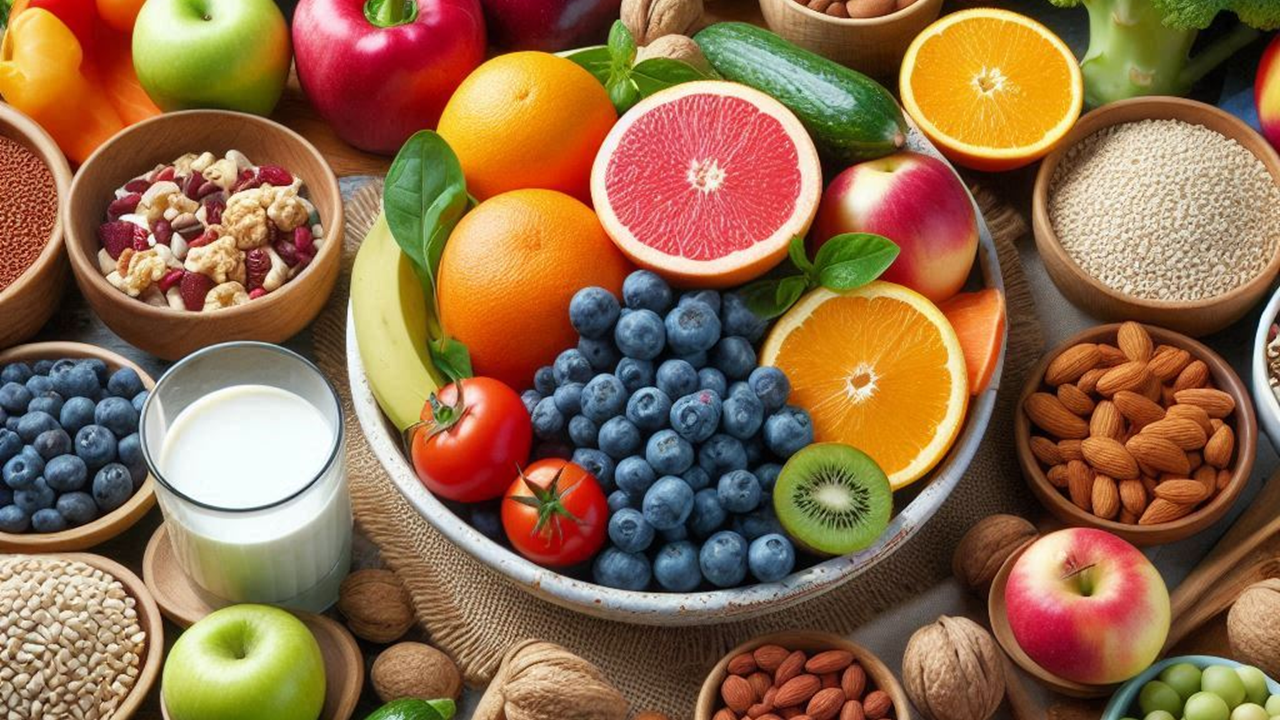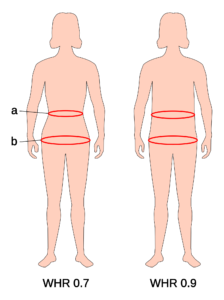Midlife, also called middle-age, is a key period that marks the transition from the vitality of young adulthood to the wisdom and experiences of old age; often ranging from approximately age 40 to age 60. This period is characterized by several challenges such as shifts in career, marital and relationship problems, divorce, family problems-aging parents, concerns over illness, and death. This may result to a ‘mid-life crisis’ characterized by mood swings, weight gain or loss, insomnia (lack of sleep) or oversleeping, and lack of interest with everyday routine. These challenges can lead to poor dietary choices, impacting long-term health and wellness. In a quest to identify diets to prevent disease and optimize healthy aging, a study suggests that your dietary choices (the food you eat) during midlife can have a significant impact on your health and well-being by the time you reach age 70.
Study duration and findings
In the study, led by Harvard T.H. Chan School of Public Health scientists and published in the journal Nature Medicine, researchers in over a span of up to thirty years, collected detailed dietary information from over 100000 American middle-aged study participants. The researchers tracked these persons’ eating habits all the way to age 70. Also, the participants kept thorough records of their food intake documenting how often they consumed a wide variety of over 130 different foods. Then the researchers categorized food intake by analyzing how well eating patterns matched eight healthy diet models and the consumption of ultra processed foods.
How Your midlife diet shapes your aging
The researchers found that eating more fruits, vegetables, whole grains, nuts, legumes, healthy fats, and low-fat dairy can improve your chances of aging well. On the other hand, a diet with too much trans-fat, sodium, sugary drinks, and ultra-processed foods or red meat may harm your health as you age. Diets focused on plants and balanced with some healthy animal-based foods could help people stay healthy as they grow older and guide future eating recommendations.
Experts suggest checking food labels for long ingredient lists with additives as a smart way to spot ultra-processed foods, and opting for minimally processed alternatives. Besides, labels also reveal sodium and trans-fat content, helping guide healthier choices. This study supports previous findings that eating more fruits, vegetables, whole grains, and nuts while avoiding sugary drinks and processed foods can add up to 13 years to your life expectancy.
Read more: CNN
Resources: USDA: My Plate



